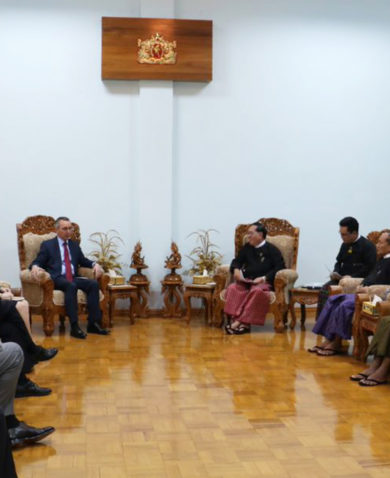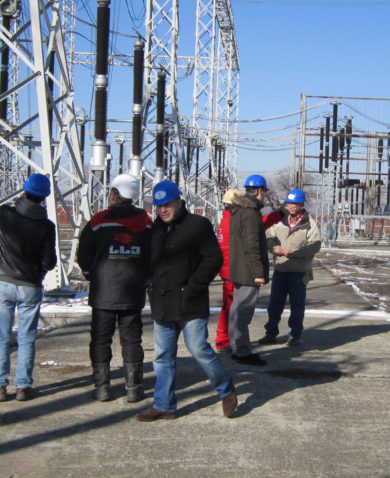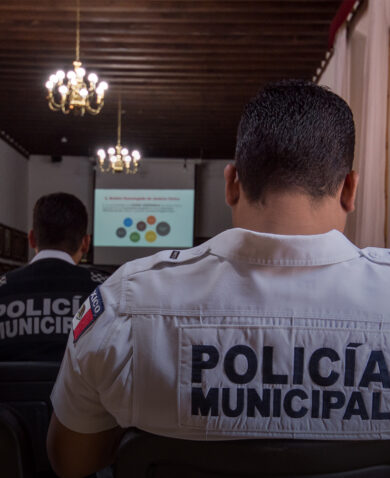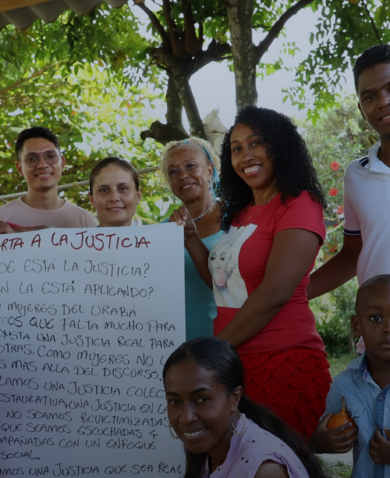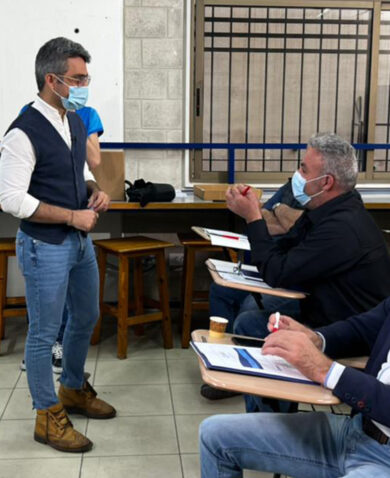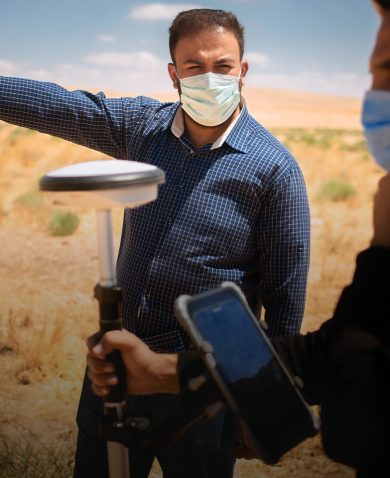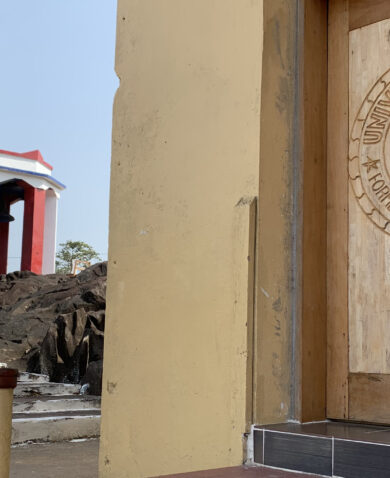
Chemonics News
News: Exploring the Nexus of Politics and Local Governance
April 25, 2016 | < 1 Minute ReadDrawing on experience from programs in Colombia, Iraq, and Moldova, Chemonics hosted a panel discussion to reflect on how political realities play a role in local governance strengthening efforts.
Does international development take place inside a political vacuum, where the difference between success and failure hinges purely on getting the technical aspects of an intervention right? Or does development take place inside the unpredictable — and, at times, chaotic — world of politics, where the fate of even the most technically sound solution depends on political possibilities and constraints?
The idea that all development is inherently political has gained momentum in recent years. On April 20, 2016, Chemonics hosted a panel discussion in Washington, D.C., called “Examining the Nexus of Politics and Local Governance in Fragile States,” to explore how political realities affect programs that aim to strengthen local governance.
In his opening presentation, Todd Diamond, a director in Chemonics’ Middle East Division, shared preliminary findings from an ongoing examination of Chemonics’ programs to better understand what works and does not work in local governance programming. Based on an analysis of three USAID programs implemented by Chemonics in Colombia, Iraq, and Moldova, Mr. Diamond shared several recommendations, all of which underscored the importance of understanding political realities at multiple levels, from national to local.
Following Mr. Diamond’s presentation, Sharon van Pelt, director of Chemonics’ Democracy and Governance Practice, moderated a panel that encompassed academic and practitioner perspectives. Panelists included Dr. Edwin Connerley, decentralized governance expert and Chemonics consultant; Tim te Pas, senior project manager at VNG International; and Jennifer Widner, professor of politics and international affairs at Princeton University. Discussion topics ranged from how projects can better incorporate traditional leaders into decision-making at the local level to conflict-sensitive approaches to service delivery and political accountability in fragile contexts.








